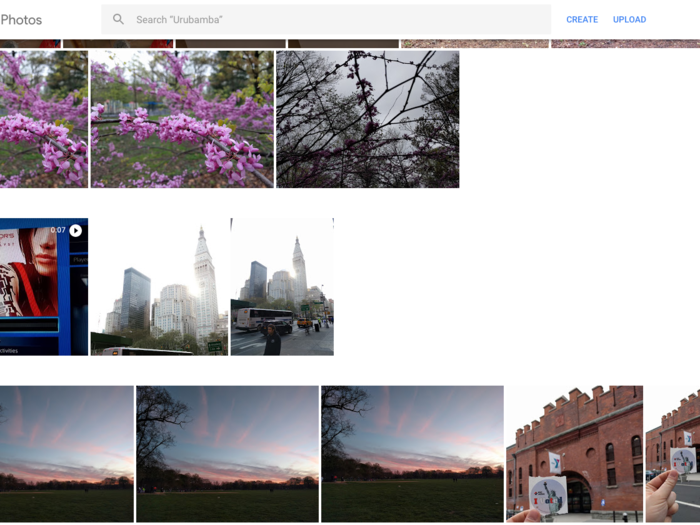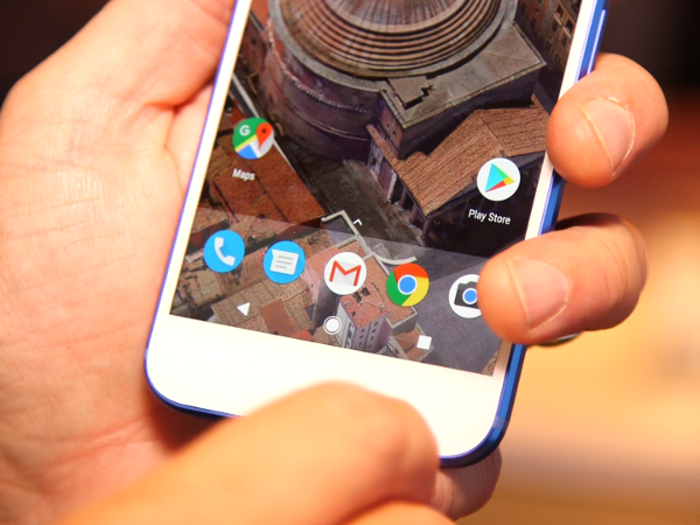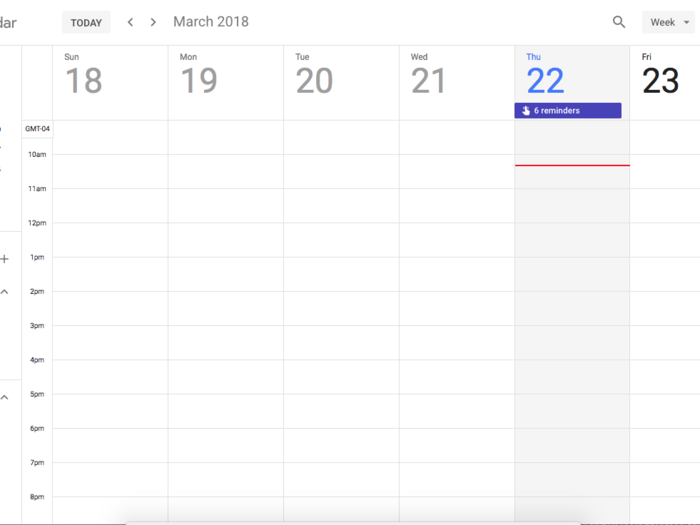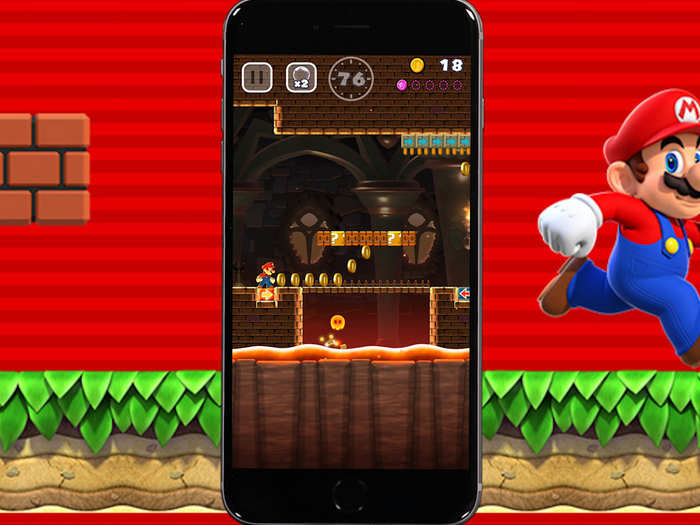- Home
- slideshows
- miscellaneous
- I switch between iPhone and Android whenever I want without losing anything - here's the very simple way I do it
I switch between iPhone and Android whenever I want without losing anything - here's the very simple way I do it
The answer to your problems is Google — not <em>Android</em>, but Google.

By using Google as my primary ecosystem, my digital life goes with me wherever I want.

I use Google Chrome on my computer (a MacBook Air) and on my phone (a Google Pixel) — by logging in with my Google account, I have full access on any device to all of my bookmarks and saved passwords and every other convenience that comes with modern, customizable web browsers.
I use Google Keep as my primary notes app. I add notes to it on my phone, and they show up instantly on the web version of Google Keep. My notes come with me to any device I'm using, just like my contacts (Google Contacts) and my photos (Google Photos) and my email (Gmail).
I could be using an iPhone X, an iPad Mini, a Samsung Galaxy S9, or whatever else — it doesn't matter. I no longer consider the difficulty of switching between devices, because it no longer exists. I move my SIM card to the new device, log in to Google services, and I'm good to go.
If I were using iCloud, Maps, Contacts, and Apple's other "ecosystem" hooks, switching devices would be far less easy. It would make much more sense for me to simply get another iPhone, even though I have no interest in spending $1,000 on a phone without a headphone jack. It's that lacking flexibility in Apple's approach that pushes me away.
I use Android phones primarily nowadays, but I used iPhones for years. I use whatever phone is best, regardless of operating system or manufacturer.

Apple makes incredibly nice phones. I've owned and loved the iPhone 3G, the iPhone 4, the iPhone 5, the iPhone 6, and I briefly used an iPhone 7 as my main phone (I didn't love it).
Google also makes incredibly nice phones. I've used and loved several Google Nexus phones, and the Google Pixel I'm using currently is as close to perfect as it gets for me.
I'm typing this on a MacBook Air — I consider it to be the best laptop in existence. I like Apple hardware a lot! But I also like my TCL television, and my Sonos speakers, and my Xbox One — I kinda don't care even a little bit who makes the product, as long as the product is really great.
In the case of using Google services over Apple's, Google simply makes a stronger argument by offering a better product. It's a great product whether you're an Apple devotee or an Android superfan or, more likely, just a normal person looking to easily manage your digital life.
The most crucial things that Google does: Contacts and Calendar.

If you're using Apple's calendar instead of the one that's tied to your Gmail account, you're making life harder than it needs to be.
Let's say you and some friends are planning a trip. Some of your friends have iPhones, some don't. But everyone has a Gmail account! And if they don't have a Gmail account, it's completely free. Why tie up something as important as your digital calendar solely to Apple devices?
It's the kind of little choice that has major impacts. That same logic applies to Google Contacts, which enables the easy transfer and backup of your entire contacts list.
And in both cases, if you prefer to continue using Apple Calendar and Apple Contacts as your main point of backup and organization, you can do that and still use Google services to easily transfer your stuff should the time ever come to move.
But I'd urge you to take the plunge now — it'll make your life easier in the long term.
OK, yes, there is one issue: The App Store problem.

I own a bunch of apps that are tied to my Apple ID, that only work on iOS devices. I paid for Dark Sky (like an idiot) and a whole mess of games over the years. My copy of "Super Mario Run" is tied to iOS. It stinks.
Similarly, I own a bunch of apps that are tied to my Google login. They only work on Android devices. It stinks.
There is no solution to this problem, as iOS and Android are just different platforms. The most heartening thing I can say here is that most of the apps I use regularly — the same ones I'm better you use regularly — don't cost any money. The various social media apps, and stuff like Uber/Lyft, and "HQ Trivia," are all available on both platforms for free.
If you own a large library of paid apps on either platform, and they're crucial to your life, you should stick with that platform. Personally, I'm not missing anything from platform to platform.
Popular Right Now
Popular Keywords
Advertisement